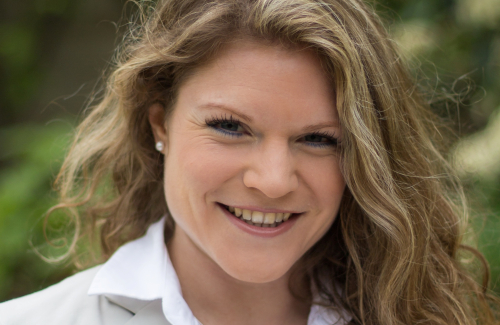More Pembroke news
Former Pembroke Senior Associate Matthew Todd Releases Paper on Open Source Drug Discovery
NEWS |
Professor Matthew Todd, former Visiting Senior Associate at Pembroke, has co-authored a research paper entitled ‘Open Source Drug Discovery: Highly Potent Antimalarial Compounds Derived from the Tres Cantos Arylpyrroles‘.
Currently Associate Professor in the School of Chemistry at the University of Sydney, Professor Todd held a Visiting Senior Associateship at Pembroke College from October 2014 to January 2015, where he delivered a seminar to academics, staff and students presenting his work on Open Source Drug Discovery.
The findings of the research paper, published in the journal ACS Central Science, demonstrate that an open source drug discovery system may be able to compete with the traditional pharmaceutical industry to deliver drugs required by patients. This system, based on sharing information in the public domain in real time, counters the existing model whereby those providing upfront investment require secrecy and guarantees to safeguard their financial return.
In article for The Conversation, the researchers explained: ‘Secrecy ruins the efficiency of the research process. Competing groups operate in ignorance of each other’s’ results, experts fail to talk to each other and there’s unnecessary duplication. There are groups pursuing projects known to others to be dead-ends.’
The research paper shows how the discovery of new medicines for malaria has been possible using open source principles. Further details of the findings are summarised here.
‘Our work moves into the messier, long-term phase of working with public domain information as a collective, and how we might move that towards new medicines using the efficiency benefits of open source’, explained Professor Todd.
‘I think this is what's needed as part of society's push towards new antibiotics, for example. Having a citable object hopefully makes such strategy conversations more productive: we know open source works in research, now how can we best translate it?’

